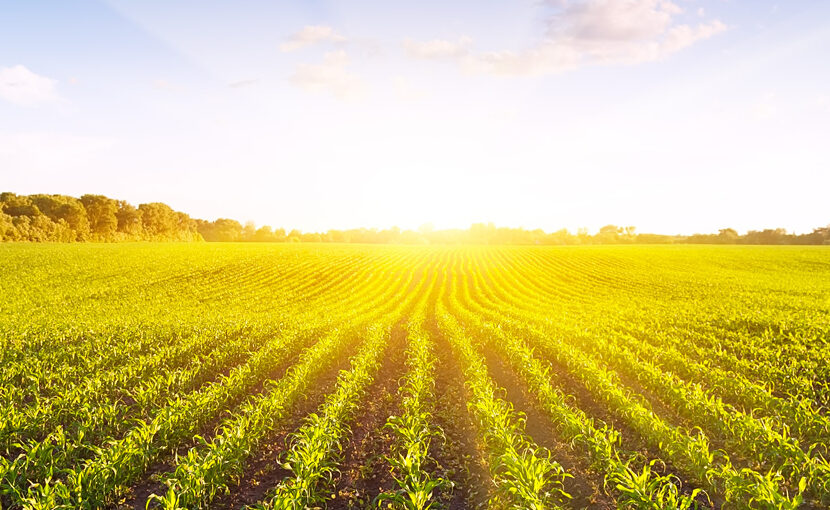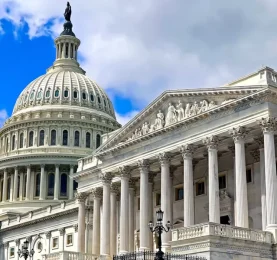Approximately one-third of the total greenhouse gas (GHG) emissions caused by human activities are associated with the food sector, encompassing cultivation, transportation, and disposal, as indicated by the United Nations. The UN emphasizes that addressing emissions from the food industry necessitates modifications across the entire supply chain, involving both producers and consumers.
For your food and beverage business, there exists a range of strategies, with the core tenets of decarbonization being ‘reduce,’ ‘replace,’ and ‘remove.’ Reduction entails minimizing waste during production and enhancing carbon efficiencies in existing operations. The ‘replace’ aspect involves evaluating capital investments that are likely to yield efficient emission reductions, such as substituting carbon-intensive ingredients and recipes with more plant-based alternatives. The ‘remove’ component focuses on carbon capture and offsetting initiatives.
Read more from RIAC member WTW here: https://www.wtwco.com/en-ca/insights/2023/12/cutting-carbon-emissions-in-the-food-and-beverage-sector











